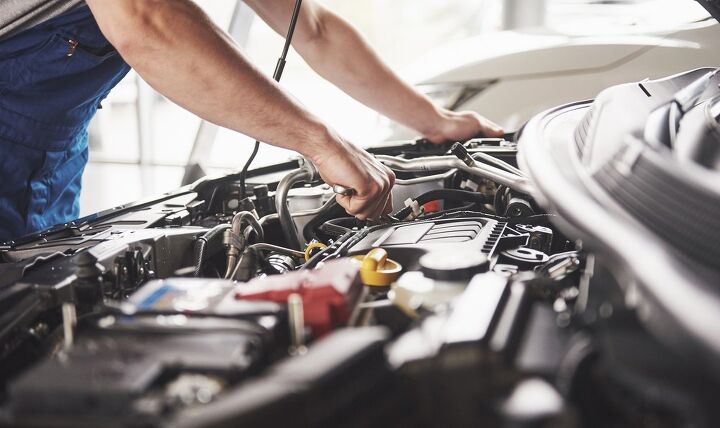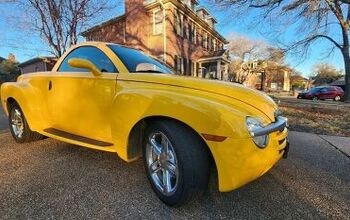J.D. Power Discovers Dealer Service Satisfaction Rises Amidst Extended Wait Periods
The auto industry has seen a rebound in customer satisfaction with dealer service experiences this year, marking a positive shift. However, dealers are still facing challenges due to shortages in parts and labor, which have contributed to increased wait times for service appointments. The overall customer service satisfaction index done by J.D. Power has seen a modest rise to 851 on a 1,000-point scale, reflecting a mixed scenario of improvements and ongoing hurdles.
Electric Vehicle Service Experience Needs Enhancement
As the electric vehicle (EV) market grows, particularly for non-Tesla battery-electric vehicles (BEVs), the service experience has not fully met owner expectations. The industry is urged to enhance the service quality and ownership experience for BEV owners, who currently face longer wait times and a perceived inconsistency in service due to a higher rate of recalls among these vehicles. The need for improvement is underscored by the lower trust non-Tesla BEV owners have in dealers for complex repairs, compared to their gas-powered and plug-in hybrid counterparts.
Innovations and Preferences in Service
The study highlights the integration of technology in the service process as a key factor in enhancing customer satisfaction. Customers show a strong preference for receiving service updates through text messages over phone calls and appreciate the use of photos or videos during vehicle inspections. Additionally, the study underscores a growing trend towards aftermarket services, driven by shorter wait times and the convenience of location.
Rising Costs and Brand Performances
There has been a noticeable increase in the average cost of service visits across both premium and mass market vehicles, attributed to inflation and the rising costs of parts and labor. On the brand front, Lexus and Buick have emerged as leaders in their respective categories for dealer service satisfaction, with several other brands also showing strong performances across different vehicle segments.
While there are signs of improvement in the auto dealer service experience, there remain significant areas for enhancement, especially in accommodating the growing BEV market. The study points to technology, efficiency, and transparent communication as pivotal factors in elevating service satisfaction. Dealers and manufacturers are encouraged to address these challenges proactively to align with evolving customer expectations.
This article was co-written using AI and was then heavily edited and optimized by our editorial team.
More by TTAC Staff
Latest Car Reviews
Read moreLatest Product Reviews
Read moreRecent Comments
- Redapple2 All this BEV investment. A bigger impact (less oil consumption) would have been made if we had made PIG UP trucks smaller since 2000 and not HUGEr. (And raised gas tax by $2-3/gallon.)
- ChristianWimmer One of my clients is a company that is actually producing eFuels in Leipzig. Yes, they require a lot of energy to produce but this would not be an issue if Germany had nuclear energy or used the excess energy from wind and solar to produce these fuels. In such a scenario the energy losses wouldn’t really matter.Also, I am told that nations like Spain or the North African nations like Morocco or Tunisia could be ideal places to produce eFuels/Hydrogen due to their abundance of solar power. Again, the energy loses here would not matter since the energy used to produce these fuels is essentially “free”. If this path were pursued, Morocco and Tunisia could become wealthy nations and exporters of eFuels and Hydrogen. Countries with an abundance of solar or wind or hydro energy could be producing eFuels for their domestic consumption and export.Another argument which to me is irrelevant these days ist the poor thermal efficiency of ICE engines (25-35% gasoline, 40-45% diesel). One long trips with cruise control set to 130 km/h and even the occasional venture into the 180-200 km/h zone, my fully loaded (with my gear) A250 (2.0 4-cylinder 224-hp Turbo) can achieve an impressive gas mileage of 6 L / 100 km. That’s phenomenal - I am looking at six 1 liter bottles of water right now and that’s all my car needs to travel 100 km… amazing.So, I am a supporter of eFuels. I love internal combustion engines and if we want to use them in a climate neural way, then eFuels are a must. Also, to me every ICE car is way more sustainable and longer-lasting an an EV. Mazda, Toyota etc. are making the right move IMO.
- Blueice Once you infuse governmental unit regulation & [marketing] and taxpayerfunding, one knows quite well, dat the product or service isdestine to fail; which includes battery vehicles. Just axe yourself how revolutionary have your home batterydevices become ??? I am still waiting. after three decades, for a battery shaver whichonly requires charging two or three times per year.I am glad that I do not have a plug in Frau.
- Tassos Such a heavy breadvan on stilts, with so much HP, AND with ONLY 100 KWH Battery, I doubt if you will ever see 250 miles, let alone 300, under the best of conditions. In the winter, count on 150 miles range.And NO, it looks TERRIBLE. The only SUV that looks great is the RANGE ROVER.
- Tassos They sure are doing the right thing in the SHORT and MEDIUM term.As for the long term, in the long run, YOU'LL ALL BE DEAD, so WHO CARES.


































Comments
Join the conversation